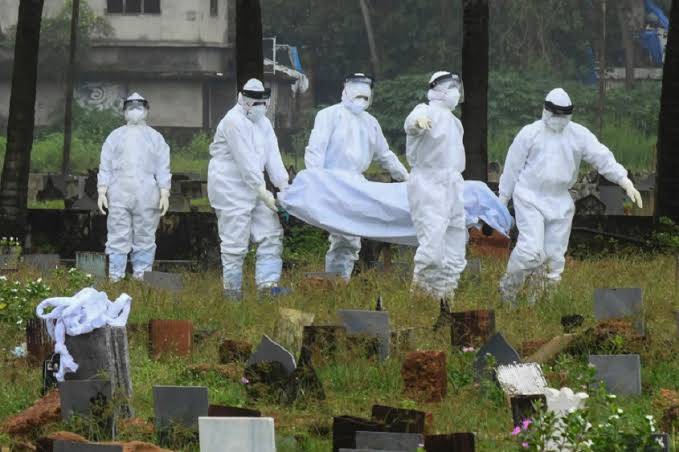Nigeria has officially confirmed that there are currently no cases of the Ebola virus disease within its borders. However, in light of a recent outbreak in the Democratic Republic of Congo (DRC), the Nigeria Centre for Disease Control and Prevention (NCDC) has issued a public health advisory.
According to Dr. Jide Idris, the Director General of NCDC, the DRC’s Ministry of Health reported a troubling situation in Kasai Province, where they have identified 28 suspected cases that have led to 15 fatalities, including four health workers, as of September 4, 2025.
This alarming outbreak has sparked increased vigilance in Nigeria. In an advisory released on Saturday in Abuja, Dr. Idris emphasized that the country is on high alert. Surveillance measures are being intensified at points of entry, healthcare facilities, and within communities to prevent any potential outbreak.
The affected areas in the DRC, specifically the Bulape and Mweka health zones, have shown symptoms typical of Ebola, such as fever, vomiting, diarrhea, and bleeding. Laboratory tests conducted at the National Institute of Biomedical Research in Kinshasa have confirmed the Ebola Zaire virus as the strain responsible for this outbreak.
Dr. Idris noted that the mortality rate associated with this outbreak stands at approximately 57%, although ongoing investigations are expected to provide further clarity on the situation.
In response to the crisis, the DRC has activated its Public Health Emergency Operations Centre and deployed a National Rapid Response Team, receiving support from the World Health Organization (WHO). Their focus is on enhancing surveillance, infection prevention, control measures, laboratory diagnostics, and patient management.
Regarding Nigeria’s state of readiness, Dr. Idris reassured the public that there are no confirmed Ebola cases in the country at this time. He stated, “The NCDC, alongside various Ministries, Departments, Agencies, and Partners, is actively monitoring disease trends and putting measures in place to bolster our preparedness.”
Current efforts include increased surveillance, particularly at borders and entry points, along with initiatives aimed at improving infection prevention and control across healthcare facilities nationwide.
Dr. Idris also highlighted the importance of effective communication and community engagement, stating that these structures have been activated to ensure that Nigerians receive timely and accurate information, while also addressing any misunderstandings, rumors, or misinformation about the virus.
Lastly, he reminded everyone that the Ebola Zaire strain linked to this outbreak is vaccine-preventable with the approved vaccine, Ervebo. “We will continue to monitor both regional and global developments. As of now, there are no Ebola virus disease cases in Nigeria,” he affirmed.
In terms of advice for Nigerians and healthcare workers, Dr. Idris urged good hand hygiene practices, caution in interacting with individuals displaying symptoms of unknown infections, and recommended protective measures when handling animals to minimize wildlife-to-human transmission. He also stressed the need to avoid direct contact with the blood and body fluids of suspected or confirmed Ebola patients.


